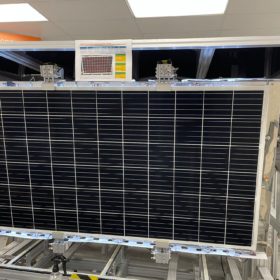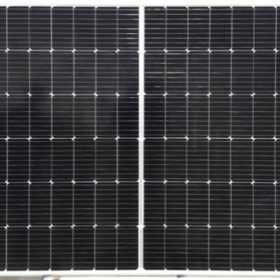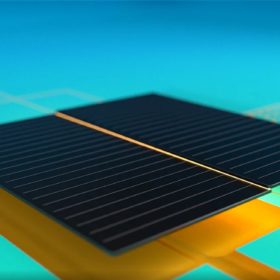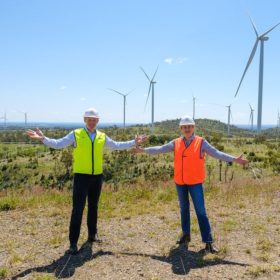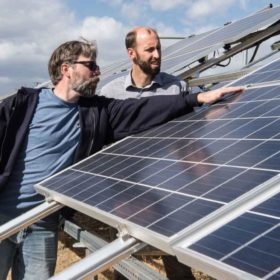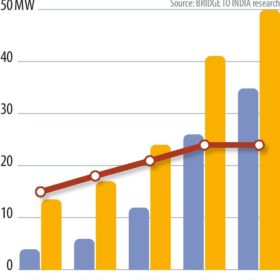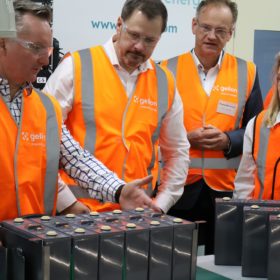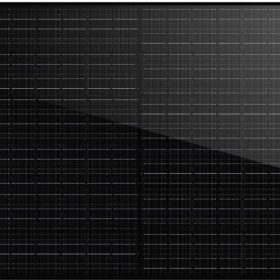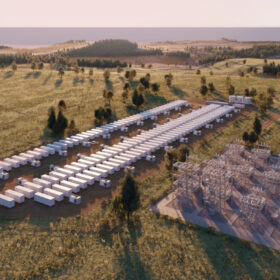Allup targets solar panel industry with high-grade silica
Australian minerals explorer Allup Silica aims to target the booming solar panel industry after independent tests confirmed the presence of premium silica sands – a key component of high-end glass manufacturing – at its Sparkler project in Western Australia.
FTC lands deal to supply 128 MW hybrid solar storage project in WA
United States-based engineering firm FTC Solar has won the contract to supply its Voyager solar tracker technology for the 128 MW Cunderdin hybrid solar PV and battery energy storage project being developed in Western Australia.
NeoSol unveils 550 W mono PERC solar modules
Indian solar manufacturer NeoSol has unveiled its Black Pearls series of mono PERC modules. The power outputs range from 535 W to 550 W, with power conversion efficiency ratings between 20.7% and 21.33%.
REC plans Australian launch of latest module at All-Energy expo
Solar PV module manufacturer REC Group’s “most innovative panel to date” will make its Australian debut at the All-Energy Australia exhibition and conference in Melbourne later this month.
Queensland to leverage position as public customer to ignite renewables manufacturing sector
The Queensland government is looking to jumpstart a local renewable energy equipment manufacturing sector, today calling on electrical manufacturing businesses to register their interest in supplying the thousands of batteries, wind turbines, solar panels, and kilometres of transmission lines the state says it will need to enact its $62 billion energy transformation plan.
How long do rooftop residential solar panels last?
Multiple factors affect the productive lifespan of a residential solar panel. In the first part of this series, we look at the solar panels themselves.
Indian player reveals expansion plans, including manufacturing solar cells, electrolysers
India’s Jakson Green will expand its solar module and cell manufacturing capacity to 2 GW by the end of 2024, CEO Bikesh Ogra told pv magazine this week at the Renewable Energy India Expo 2022. He said the company also has aggressive plans for green hydrogen and ammonia, with a specific focus on distributed generation.
Weekend read: strong prospects to ‘Make in India’
India’s renewable energy sector, having so far focused almost solely on adding more generation capacity with ever lower tariffs, is undergoing a drastic change, as policy pivots toward domestic manufacturing. Vinay Rustagi, managing director of Bridge to India, looks at how the border conflict with China and endless supply side disruptions in the wake of Covid-19 have together strengthened the Indian government’s resolve to support the establishment of a more localised supply chain.
Gelion unveils battery manufacturing facility in Sydney
Australia’s first zinc-bromide battery production line has commenced operations with Gelion Technologies launching a manufacturing facility in Western Sydney capable of producing 2 MWh of batteries annually.
Longi announces new 415 W solar panel for residential, commercial applications
Longi unveiled a new 54-cell module at RE+ Anaheim last week, with outputs ranging up to 415 W, and an efficiency rating of 21.3%.
